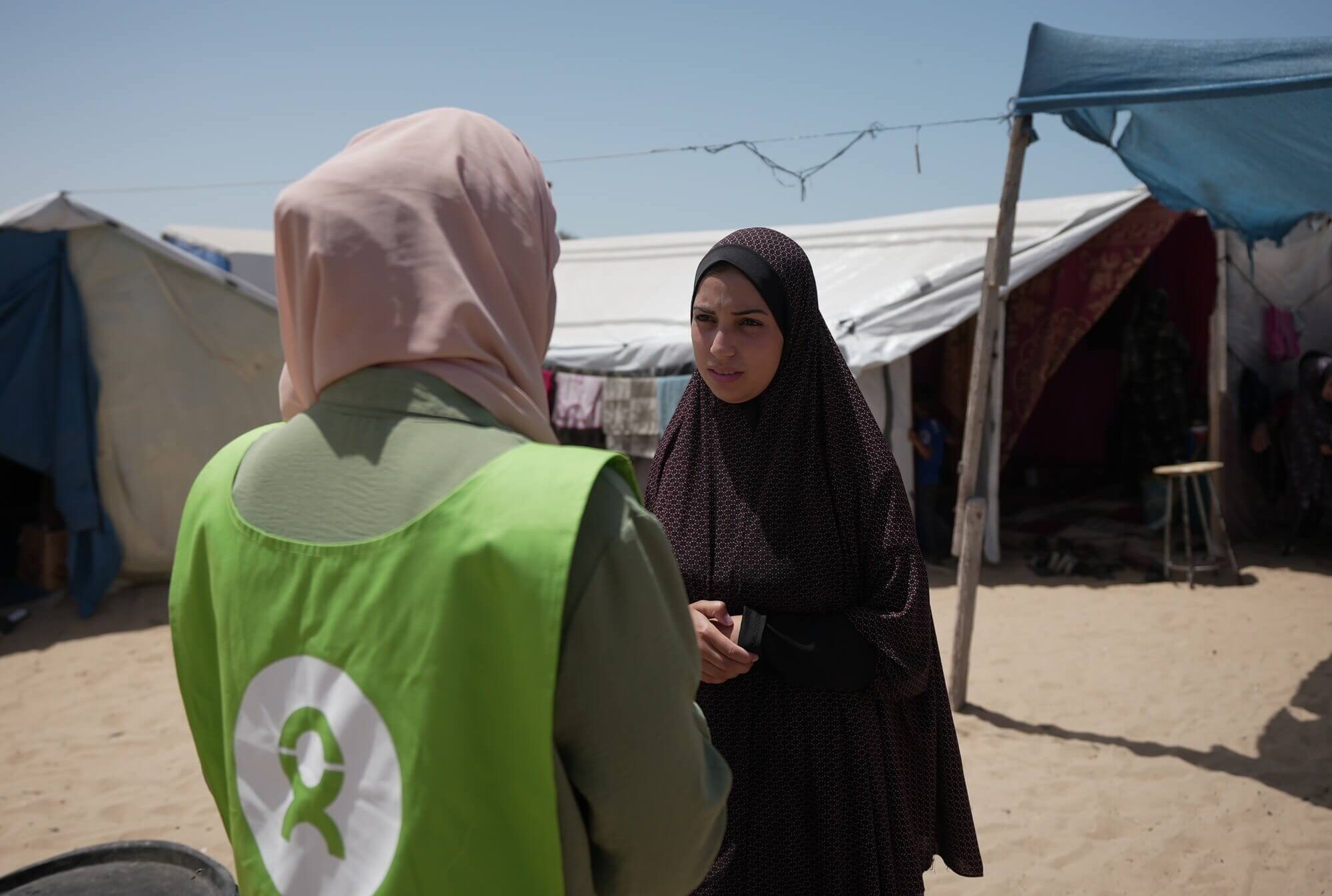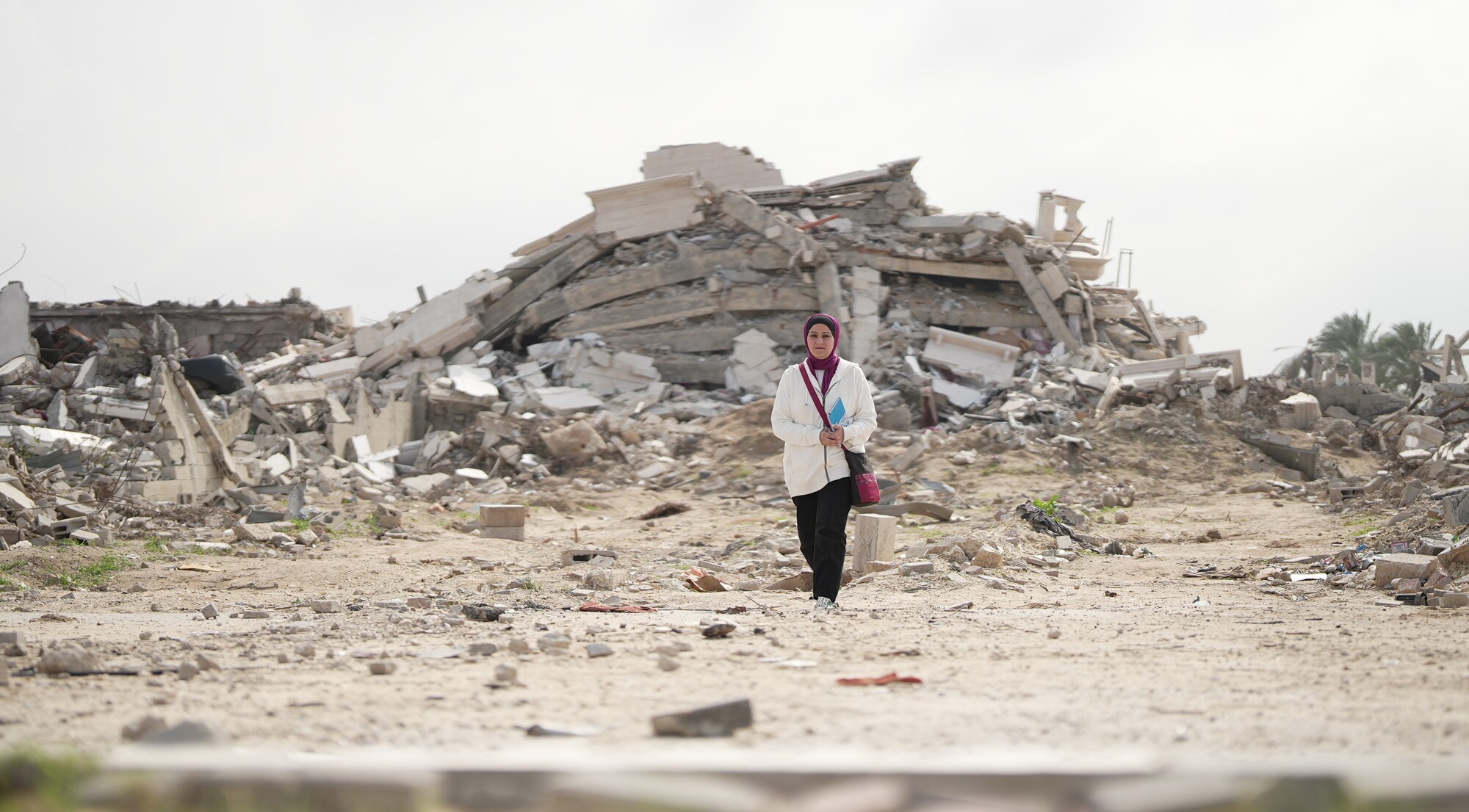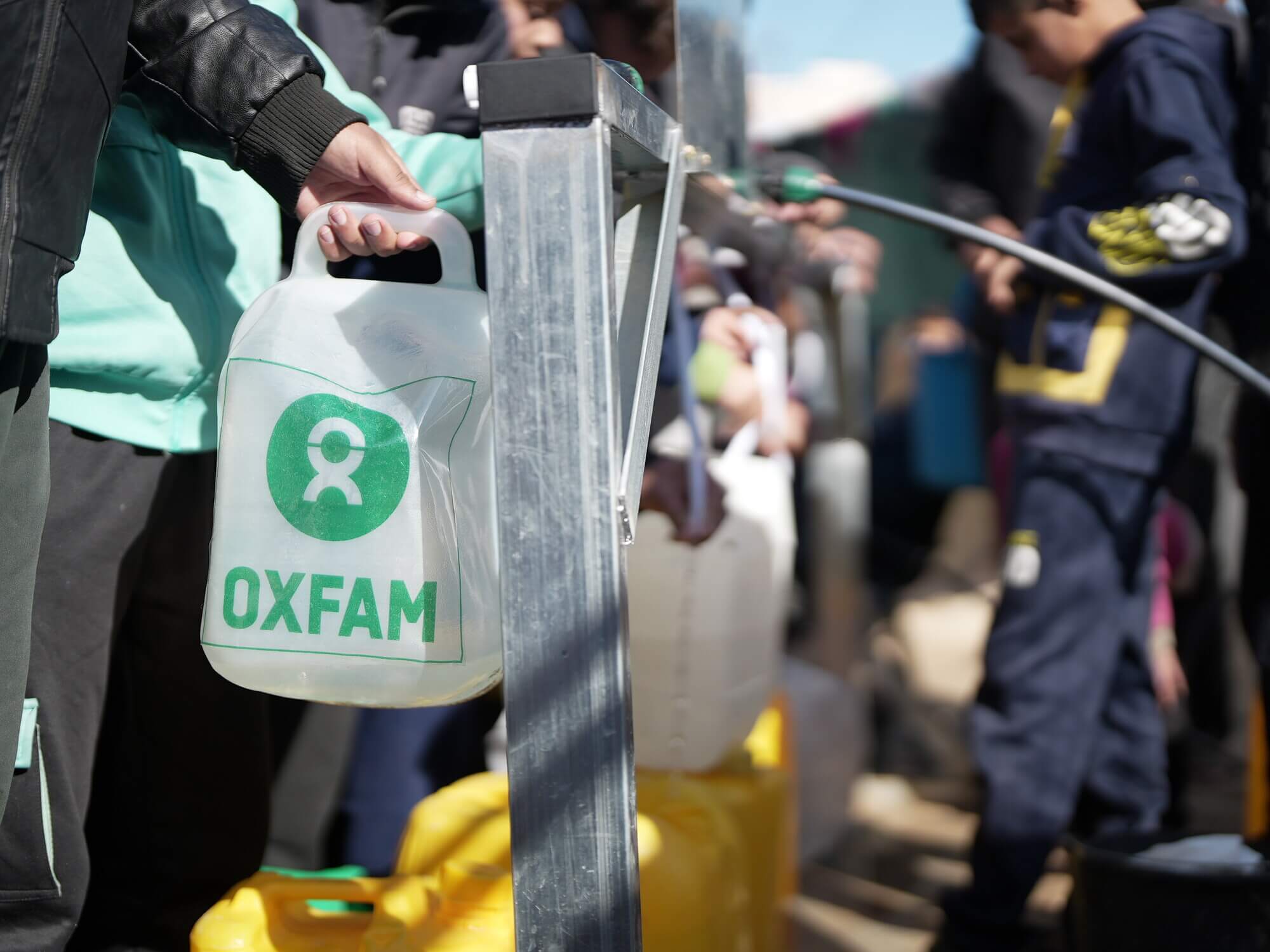By Phillipa Young, Oxfam´s Emergency Food Security and Livelihoods Coordinator
In the past ten months, a country that initially faced extreme poverty has dealt with a devastating earthquake, heavy rains and storms, and now a fast-spreading cholera epidemic. For outsiders, Haiti’s recovery seems frustratingly slow. For organizations working here, the question is where to start?
Port au Prince is a city designed for 250,000 people but three million are living here. Many in makeshift houses or tents perched precariously on the sides of the lush green mountains that fill the city. They came due to the lack of jobs in rural areas. Most of these people did not own houses or land and were illegal squatters in the city when the earthquake struck. So where to build new shelters for them? There is no available land.
Eighty per cent of people were unemployed before the earthquake and many paid jobs have now disappeared due to the collapsed infrastructure. Many hotels, schools and factories were destroyed, leaving those who worked in them without a job.
Most people cannot get loans from banks and are dependent on loan sharks who charge exorbitant interest rates. Ninety per cent of schools are private, and very expensive, which leads to children having only irregular schooling because their parents have difficulties paying the fees and other costs. Health care is very expensive and unaffordable for many people. Small businesses are vulnerable to unstable markets and food prices, political instability and natural disasters.
Hurricane Tomas and cholera have now hit with devastating consequences. Aside from all the infrastructure and health implications that these disasters present, there are also major issues to consider relating to the availability of food and jobs. Rice farmers have stopped harvesting their rice for fear that the water on the fields is contaminated with cholera. Markets in cholera-affected areas stand empty because of people’s fear of eating food they haven’t prepared themselves. People are afraid to buy sea salt and water sachets for fear of being contaminated. Many families have lost breadwinners or have been incapacitated due to the cholera outbreak.
For most humanitarian organizations working in Haiti, the question is not how to respond to an earthquake or other emergency, it’s how to deal with extreme poverty in a country that is unable to provide basic services and is constantly affected by disaster.
Although things may seem slow and constrained, progress is being made and plans for the future are being developed. Oxfam has reached over 35,000 households (around 175,000 people) with activities to provide food to those most in need and get people working again This meant providing the most vulnerable families who had lost everything during the earthquake, with hot meals over a two month period and a grant of $175 to enable them to re-start small businesses. Eighty-seven per cent of the families assisted through these activities successfully restarted their enterprises. The cooks who prepared this food were given help getting their business up and running again and were provided with fuel-efficient stoves that have halved their charcoal consumption. Thousands of poor families have been given the opportunity to re-start their livelihoods through Oxfam’s cash grants. In addition, Oxfam has retrained over 1,000 people with professional skills in the reconstruction industry. All these people lost their tools in the earthquake and have been provided with tool kits to be able to respond to the huge demand for their skills in a city that needs to be rebuilt.
Although the situation here is very complex and Haiti is constantly being battered by disasters, we have an enormous opportunity as a humanitarian community to make positive changes that are so desperately needed. Many are already happening.
The next couple of months will be crucial to our planning as we will see the results of the Haitian elections and have more of an idea of what funding is available for longer term development work in Haiti. Many of the programmes that we are discussing and considering to get people on their feet and working again, will hopefully begin to take shape.
Read more about Oxfam’s response to the Haiti earthquake and the cholera outbreak


